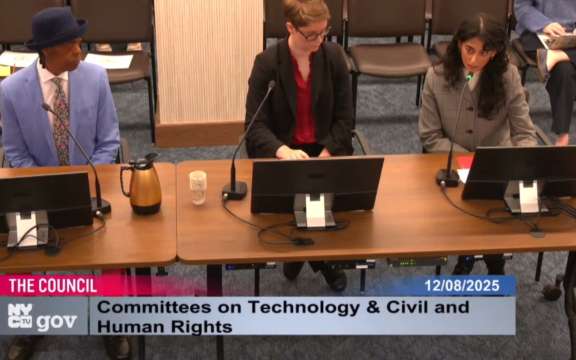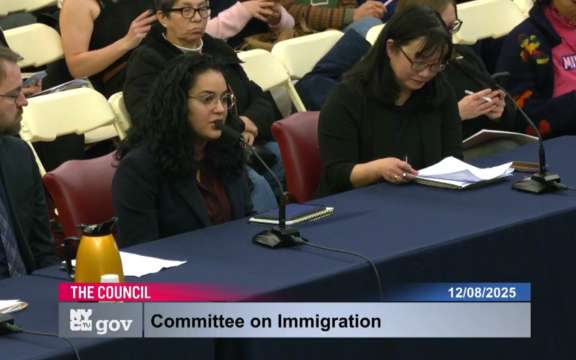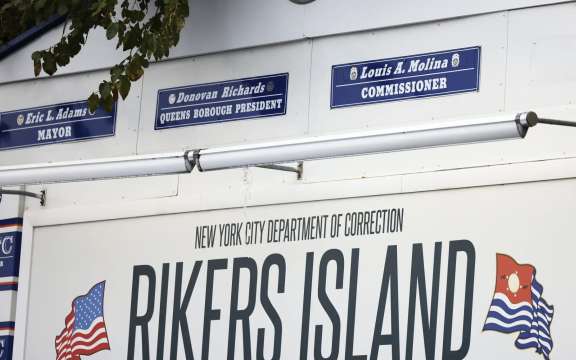BDS Testimony Before the New York City Council Committees on Criminal Justice and Aging Regarding Justice in Aging and Reentry Issues for Older New Yorkers
While New York’s prison population has declined over the last decade, the average age of people in custody has risen. Because of decades of extremely harsh sentencing and a racially biased parole system that values vengeance and endless punishment above redemption, personal transformation, healing, and safety, New York State has a moral and fiscal crisis of people who are aging, very sick, and dying in our state prisons. One in four incarcerated New Yorkers are over 50 years old. A New Yorker dies in state prison more than once every three days, a crisis that academics have called New York’s “new death penalty.” At the same time, many formerly incarcerated people have returned home and made tremendous contributions to our communities and neighborhoods as mentors, violence interrupters, entrepreneurs, policy advocates, non-profit leaders and more. This is all despite the life-long collateral consequences of a criminal conviction that a person faces upon release from prison.
The first barrier many older New Yorkers face to reentry is the parole board. BDS strongly supports Res. 241-A (Hudson), which calls on the legislature to pass and the governor to sign the Fair and Timely Parole Act (S307/A162) and Elder Parole Act (S2423/A2035). Together, these parole justice bills will allow more older New Yorkers the opportunity to return to their families and communities after serving their sentence. Fair and Timely Parole would provide more meaningful parole reviews for incarcerated people who are already parole-eligible by changing the standard of parole and centering release not on the original crime, but on the person’s rehabilitation while incarcerated. At its core, this means that parole commissioners would no longer be able to deny release based solely on the crime for which someone was convicted, and instead would be required to consider their current circumstance. Elder Parole would provide incarcerated people over the age of 55 who have already served 15 more years a chance to go before the Parole Board for a hearing.
View the full testimony here.
The first barrier many older New Yorkers face to reentry is the parole board. BDS strongly supports Res. 241-A (Hudson), which calls on the legislature to pass and the governor to sign the Fair and Timely Parole Act (S307/A162) and Elder Parole Act (S2423/A2035). Together, these parole justice bills will allow more older New Yorkers the opportunity to return to their families and communities after serving their sentence. Fair and Timely Parole would provide more meaningful parole reviews for incarcerated people who are already parole-eligible by changing the standard of parole and centering release not on the original crime, but on the person’s rehabilitation while incarcerated. At its core, this means that parole commissioners would no longer be able to deny release based solely on the crime for which someone was convicted, and instead would be required to consider their current circumstance. Elder Parole would provide incarcerated people over the age of 55 who have already served 15 more years a chance to go before the Parole Board for a hearing.
View the full testimony here.


